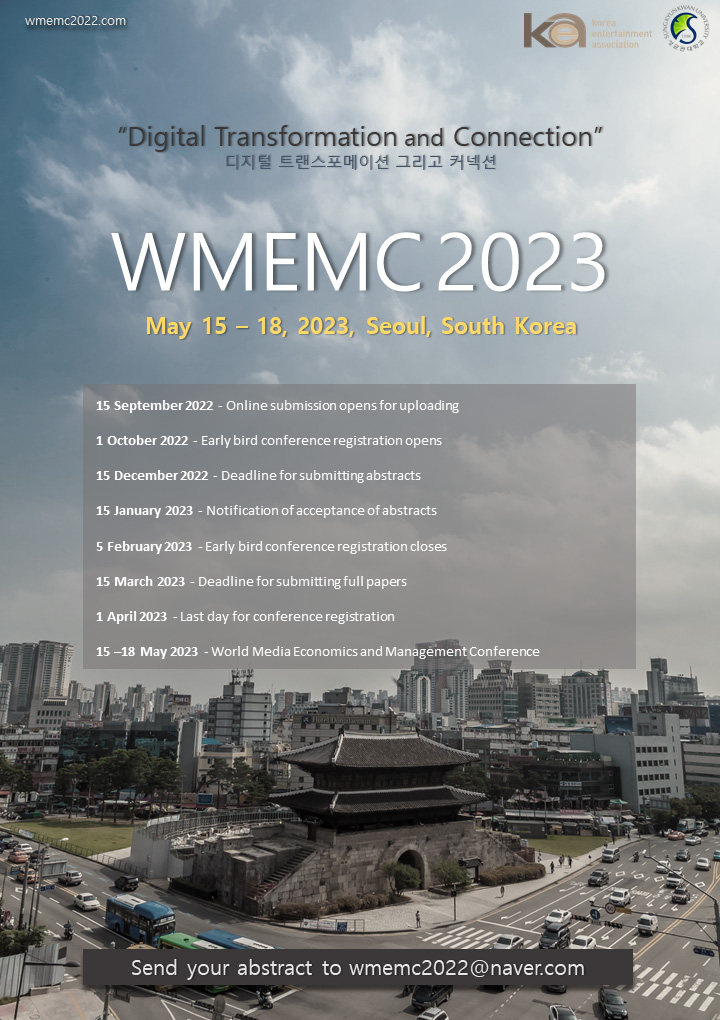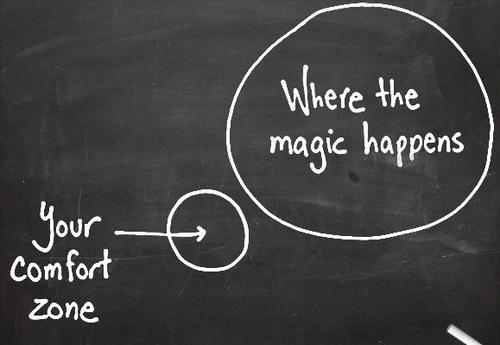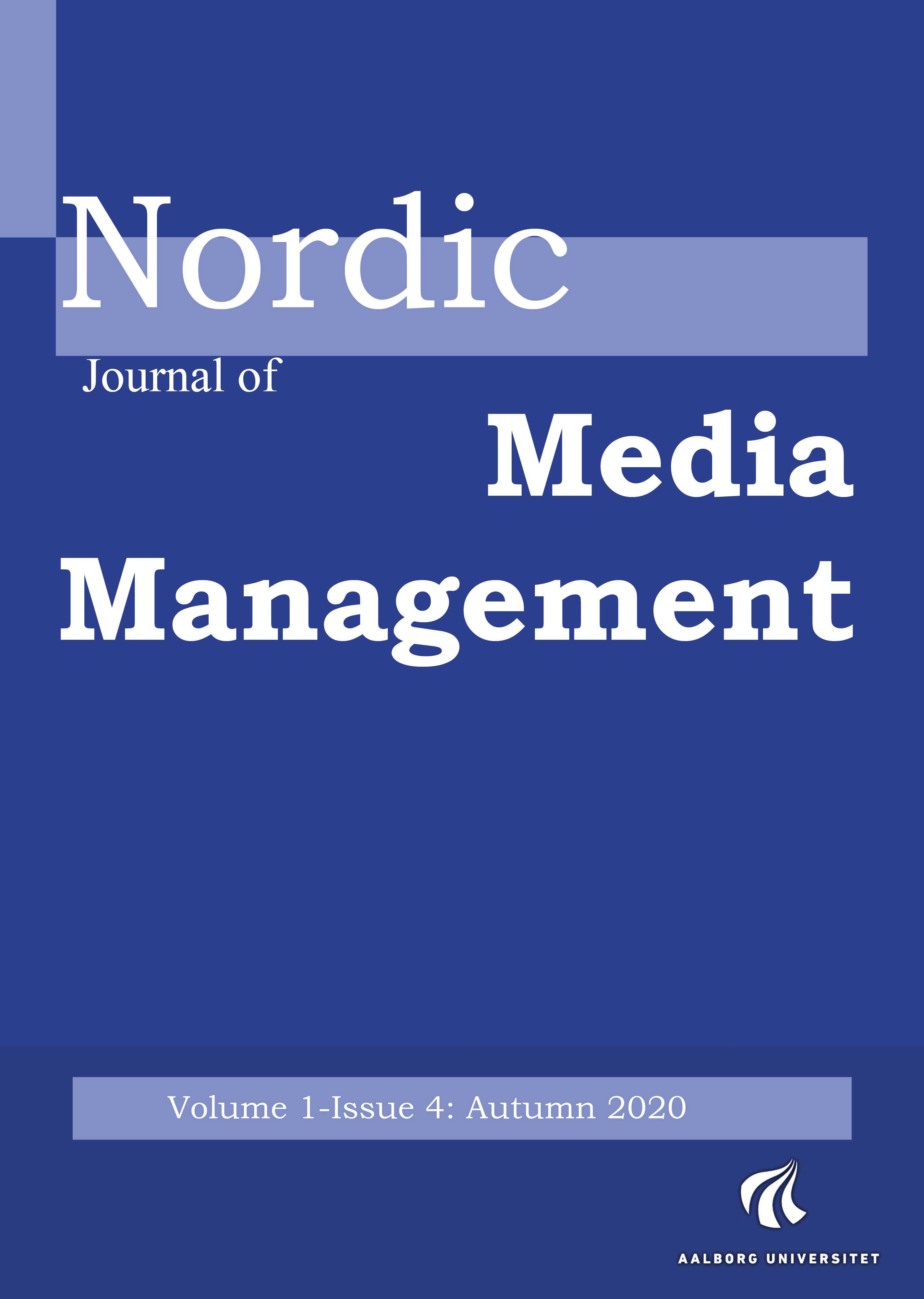2025 World Media Economics and Management Conference: Warsaw
The 2025 biennial World Media Economics and Media Conference will be held May 20-25 in Warsaw.
The 2025 biennial World Media Economics and Media Conference will be held May 20-25 in Warsaw.
I’m pleased to have been invited by the Scientific Committee of the World Media Economics and Management Conference to present my latest paper at WMEMC’s next biennial meeting this May in Seoul, South Korea.

The biennial World Media Economics and Management Conference will be held May 15-18, 2023, at Sungkyunkwan University in Seoul, South Korea.

The passage of time proves whether or not a consultant’s foresight and advice were accurate. Judge for yourself if mine were.

Reality is that the world’s newspaper industry, indeed all of the Industrial Era’s legacy industries that are colloquially referred to as the Mass Media, have ultimately failed to adapt to the New Media environment, despite more than 25 years of endeavors, to…
“It is with a heavy heart that we announce that WMEMC 2022 will be postponed to 2023.”

In May, I presented my conceptual paper Individuated Media in the Informational Era at the biennial World Media Economics and Management Conference in Rome. The paper has since been published the in the peer-reviewed, quarterly Journal of Strategic Innovation and Sustainability. I…

This article published the peer-reviewed Nordic Journal of Media Management asserts that new, extremely popular modes of media services have arisen during the past 25 years that need to be critically categorized as different from the Mass Media we have known from…
I’m shocked by news that Matthew Buckland, Africa’s leading expert about New Media, died today after a short battle with an apparently fast-acting cancer. Shocked because during May in Cape Town, when I last saw Matt, he apologized because his speech to…

The Rise of Individuated Media Vin Crosbie S. I. Newhouse School of Public Communications Syracuse University Syracuse, New York, U.S.A. [An Adobe Acrobat (PDF) version of this paper is available at Individuated.Guru] Author Note: Paper presented at the Rethinking Theories and Concepts of Mediated…

Perhaps I’m the only dissident among the approximately 250 media scholar attending the World Media Economics and Management Conference held this week in Cape Town, South Africa? The chosen theme of the conference is ‘In the Age of Tech Giants: Collaboration or…

In 1993, after two decades working for newspapers’ print editions and for two of the world’s major international news services, I switched the focus of my career to working full-time on journalism’s transition from print and terrestrial or cable and satellite broadcasting…
Today is Digital Deliverance Managing Partner Vin Crosbie‘s 59th birthday, which means the start of his 60th year (which he will complete a year from today). ‡ What happens when applied Social Media conflicts with existing laws? This month, the New York State…
[34-minute PowerPoint video of keynote speech opening the fifth annual Personalize MEdia Conference (formerly Individuated Media conferences), Boulder, Colorado. June 20, 2011. How traditional media companies have gone astray by misperceiving consumers’ switch from analog to digital formats to be the greatest trend…
Many of the media industries for which journalism and media professors prepare students are, if not yet dying, seriously ill, stumbling if not yet in collapse due to titanic changes underway. Ten days ago, I published here a call for American journalism…

Come to a New Media business models conference in which the Syracuse University’s Newhouse School of Public Communications is inviting only speakers who we think have the answer—regardless where they are from or what they’re rank, specialists who together have all the facets of the solution and will be working in coordination with each other at the conference.
Why it is imperative for newspaper companies individuate their editions in print, e-paper,and Web formats.
My opening keynote speech from EPublishing Innovations Forum 2008, London, May 7, 2008. Why 1.3 billion people have gravitate online despite their already having access to mass media in much more convenient formats than online. Why the fragmentation of audiences is an illusion. Why traditional newspapers’ and news magazines’ circulations, and news broadcasts’ viewerships, must ineluctably evaporate. Why most newspapers’ and news magazines’ and news broadcasters’ Web sites won’t save their companies. Why people will be even better served by New Media than by Mass Media. And why the change today is even greater than that during Gutenberg’s era.
How Dagbladet integrates video into its website.
“People live locally,” Ian Davies, director fo business development of the British regional newspaper publishing company Archant Ltd., this afternoon reminded attendees of Ifra‘s annual Beyond the Printed Word online pubishing conference. He said a recent survey by the (UK) Newspaper Society…
Rowan Barnett describes how his weekly newspaper has a circulation of 100,000 without publishing a website or in print.
Danny Dagan of News Group Digital (London’s The Sun and News of the World) describes the challenges popular tabloids face using with user-generated content.
At Ifra’s Beyond the Printed Word conference, Matthew Buckland of South Africa’s Mail & Guardian presents a case study of his newspapers experiments with user-generated content.
The opening keynote by German Digital Institute Director Prof. Dr. Jo Groebel at Ifra’s Beyond the Printed Word conference.
Congratulations to Elan Lohmann of News24.com in South Africa, who will chair Ifra’s 15th World Digital Publishing Conference this year. On other topics: Traffic to newspaper web sites has declined this month; approximately 80 percent of the American consumers who use magazines’ websites don’t read the print editions; Veronis Suhler Stevenson says that American consumers last year used media less than in previous years, the first first time in recent memory that the amount of time consumers spend with media has declined; and The New York Times publishes a story about what happens when a company mistakenly tries to use a new medium as a mass medium.
Why I’d not been blogging much this year.
The speeches and background papers the ‘Conference on New Media and the Press Freedom Dimension,’ held last week in Paris by UNESCO, The World Association of Newspapers/World Editors Forum, and The World Press Freedom Committee, are available online.
My hearty thanks to the staff of the
There are two people who have more knowledge than anyone else about how to revive the newspaper industry, and one of them is iMedia Joint Principal Jim Chisholm. As co-chairman and co-moderator of the 14th annual Beyond the Printed Word conference next…
I criticized the American Press Institute‘s Newspaper Next project last month for wasting more than US$2 million and a year producing a “blueprint” to “transform the industry” that in reality turned out to be little more than advice that publishers should think…
Why I attended the New England New Media Association conference rather than ONA or AOPUK. Plus why NAA total readership numbers don’t add up.
I’m proud of the speakers lineup for Ifra’s forthcoming ‘Beyond the Printed Word’ conference.
WAN and FIPP disserve the newspaper industry by splitting from Ifra and scheduling their own new media conference immediately before the annual Beyond the Printed Word conference that all three organizations had developed.
If any of you are in New England this week, I’ll be in Amherst at the University of Massachusetts, attending the four-day Media Giraffe conference about the future of journalism.
Annelies van den Belt and I will chair the ‘Beyond the Printed Word’ being organized this autumn in Vienna by the World Association of Newspapers, the International Federation of the Periodical Press, and Ifra.
My presentation at Editor & Publisher and MEDIAWEEK magazines’ Interactive Media conference in Las Vegas last month.
In 1998, media executives involved with new-media and new-media entrepreneurs were on roughly the same level of sophistication about technology and new-media theory. But most media executives are still at that 1998 level, while the entrepreneurs are now eight years’ more sophisticaled. This difference, as seen in two recent conferences, was so striking that I’m still in shock. This drives to the heart of why periodicals have failed to adapt to the Internet beyond about 1998.
The major problem with online content isn’t lack of a business model but lack of tagging.
Excerpts from Bob Cauthorn’s speech to the Publish Asia 2006 conference yesterday in Kuala Lumpur.
Why the American newspaper industry is doomed unless it makes radical changes, including in its new-media efforts.
Six noteworthy events in the new-media industries next month.
Today’s Goodies: A webcast of Bob ‘Thorn in the Side of the Newspaper Industry’ Cauthorn; a Gordon Parks retrospective in The Digital Journalist; brilliant coverage by the Houston Chronicle and El País; Miami Herald Miami Herald Executive Editor Tom Fiedler’s memo to his staff; Heidi Cohen on what advertisers should do now that publishers of printed periodicals are finally getting serious about shifting their business online; The Tyndall Report on ABC, CBS, and NBC news; Eight Diagram’s interviews with photographers & writers; and my beta test of Google Content Blocker.
My favorite news site designer this side of the Atlantic is Jay Small, He is director of online audience and operations for the newspaper division of E.W. Scripps Co. and also runs his own consulting firm. Jay today reviews NYTimes.com‘s new redesign.…
The conferences at which I’ll be speaking or attending this Spring.
eMarketer cites and verifies my speech to the World Association of Newspapers’ Advertising Conference.
The text of my speech last week to the World Association of Newspapers’ Advertising Conference in Paris.
What’s happening at the World Association of Newspapers’ Advertising Conference in Paris.
If you’re attending one of the conferences that I am, say hello.
I’m one of 23 Americans with a speech chosen for publication in the reference book ‘Representative American Speeches 2004-2005’. Its publishers chose my remarks from the ‘Reinventing the Local TV Station: Ground-Breaking Ideas from Innovative Thinkers’ panel during the Broadcast Education Association’s session at the National Association of Broadcasters annual conference last year.
In his keynote address Friday at the Online News Association’s annual conference in New York City, New York Times Publisher Arthur Ochs Sulzberger Jr.